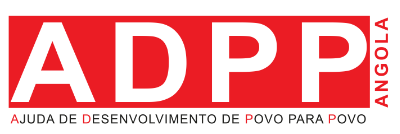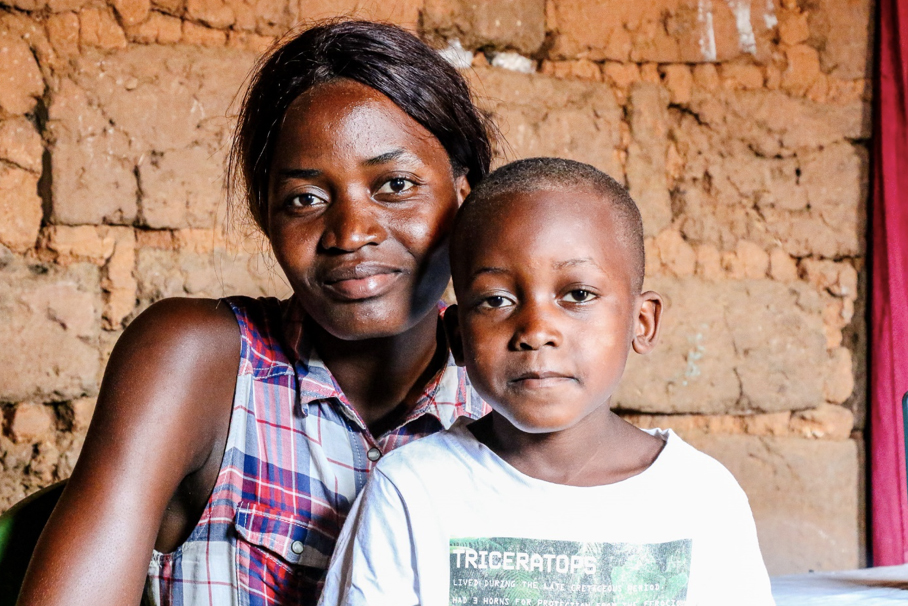A taste for mathematics
Mathematics is the basis for our day-to-day life, because we find it all around us. As a trainee teacher, I ensured that my pupils learned mathematics and that they developed a taste for the subject in practical classes
As teachers within the classroom, we first sought to know what the pupils like to do. Many said they enjoyed singing and playing. Therefore, after listening to the pupils, we looked for forms of games and songs that connected the discipline of mathematics to the other disciplines. We investigated some songs with numbers and games with a math element, for example games such as bingo. We also considered team quiz games, and with small prizes such as a pencil, notebook, or lollipop so the pupils tried their hardest to win. In addition, we showed how mathematics is used in everyday situations, like doing mental calculations when buying and selling products, or the geometric shapes in a room or outdoors, such as triangles, rectangles, and squares.
“A Practical Math Book” helped us a lot. We used it in clubs at our school, and then at the school where we did teaching practice.
Com financiamento do Fundo Global, o PNUD apoia serviços de saúde comunitários em Angola para combater a tuberculose. Foto: PNUD Angola
Inclusive Education: steps I have taken to help pupils with problems
Inclusive Education is education that does not separate pupils with special needs from other pupils, but supports their specific problems.
As a student in my 2nd year of teacher training, I completed my teaching practice at Primary School 2068 in Ramiros. There, we found children with a variety of disabilities, such as physical deficiency of upper or lower limbs, and pupils who could not keep pace with their classmates.
During teaching practice, we were three students accompanying a class teacher, so it was very easy to give support to the children who needed it. My colleagues and I worked together with the head teacher find a strategy on how to help the pupils with these characteristics.
In the classroom, the teacher usually taught the class, and we paid close attention to the weaker pupils. We provided a more personalized support. The same went for physical education classes, where there were pupils with physical weaknesses, so we joined in the activities so that the pupils included their weaker classmates in the team.
Community-based TB services are a key component to strengthening Angola’s health system and provide a vital link between vulnerable patients and health facilities. Photos: UNDP Angola




